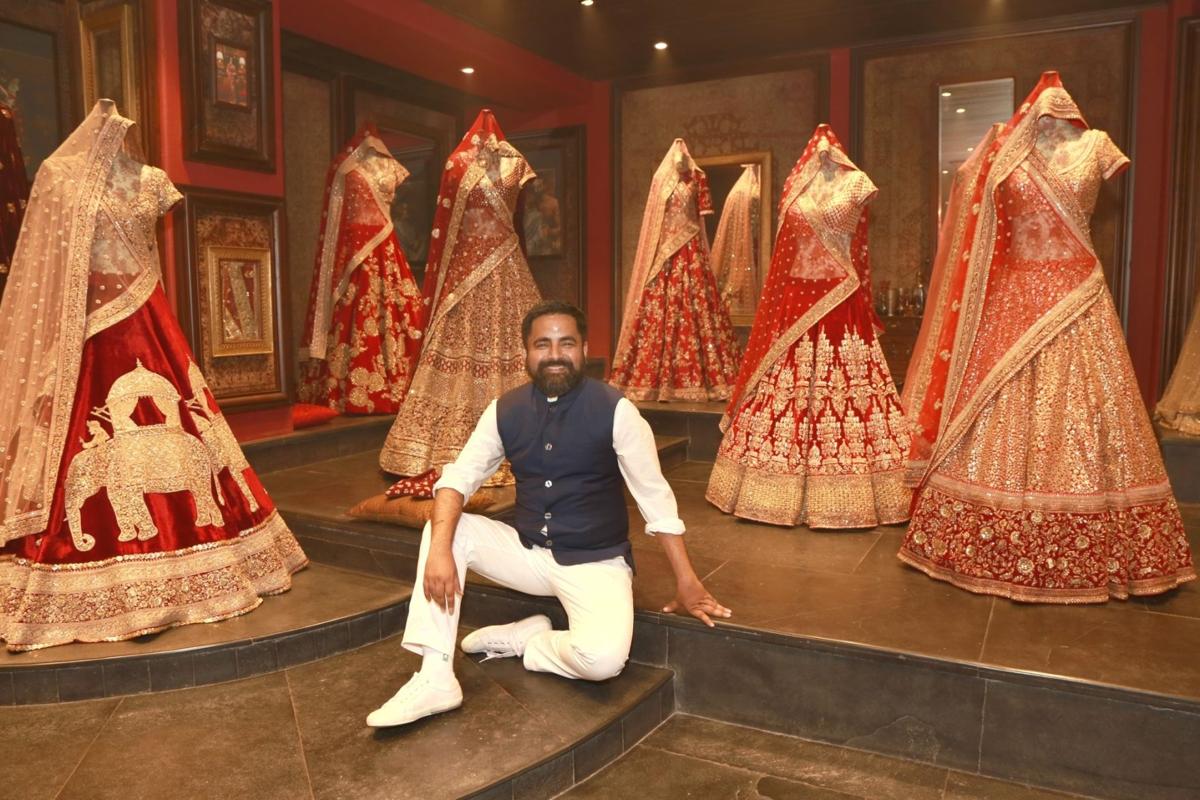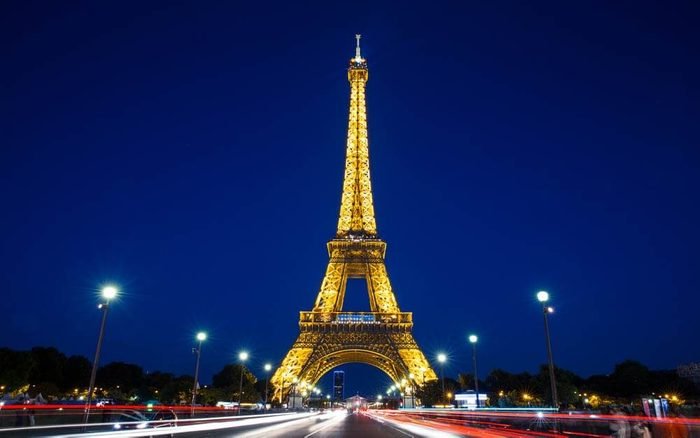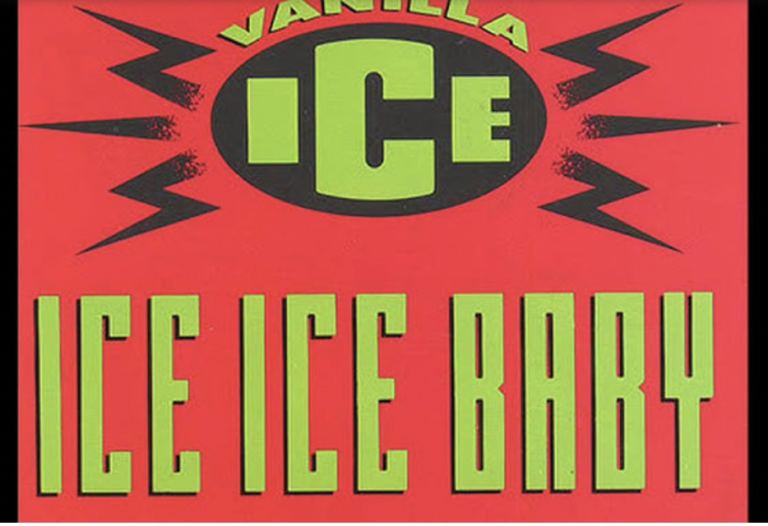Imitation is the best form of Flattery?
If there is one label that has developed an image synonymous to premium Indian ethnic wear in the country and abroad, it is Sabyasachi. The proprietor of the label, Mr Sabyasachi Mukherjee is a Kolkata based designer who has put Indian ethnic designs on the world map, having his work on the ramp in cities like New York, Paris and Milan. He has also designed costumes for many Bollywood movies and is the go-to designer for celebrity brides. His recent collection with H&M was sold out in a matter of minutes. The centre of many controversies, the designer is very proactive in protecting his designs. He has even won prestigious awards for the use of IP to protect his brand and creations.
Recently, Sabyasachi Mukherjee’s designs namely ‘Rusheeda’ and ‘New Botanical Lehanga’ have been in the news, not for being on a ramp, but rather for being subject to copying by another designer. Sabhyasachi claimed that Mr. Ankit Keyal, proprietor of Asiana Couture Chandini Chowk, had used a deceptively similar design to his aforementioned registered designs.
In India, artistic designs are protected by the Design Act, 2000. Section 22 of the Act provides that where copyright exists on a certain design, the recreation, sale or import of the same shall not be allowed to any person without the consent of the proprietor.
So, the question simply remains whether Asiana’s designs are an imitation of that of Sabyasachi. It may not always be necessary for such products to be compared side by side in order to determine similarity. The important factors to consider are the similarities in the elements in terms of their broad design including shape, configuration, pattern, etc. In this instance, the court could make out a clear attempt at imitation by observing the two patterns. Therefore, it granted an injunction in favour of Sabyasachi, prohibiting Asiana Couture from making or selling the design. It also caused the images of the designs to be taken down from the company website and social media handles.
Designs are given IP protection for the purpose of preventing counterfeiting in the market. These designs are the result of the hard work and application of mind by designers to create unique combinations and aesthetics and it only is just for them to be able to reap the rewards of the same. Such imitation can result in loss of revenue and the image of the brand in the market, both of which are crucial to a designer and his brand. Hence, the Delhi High Court has rightly ordered this injunction to protect the deigns of Sabyasachi from being appropriated upon by others.






